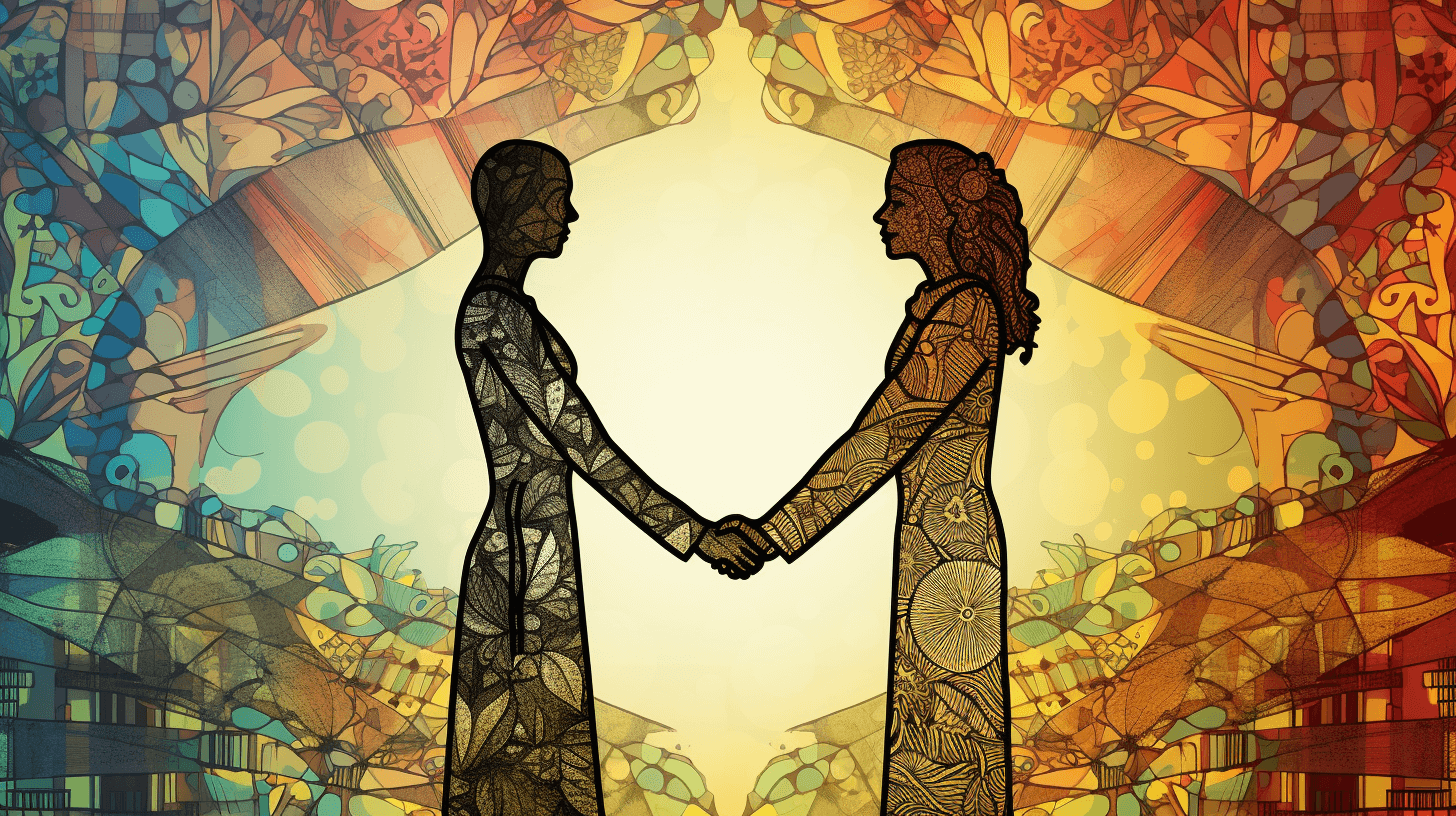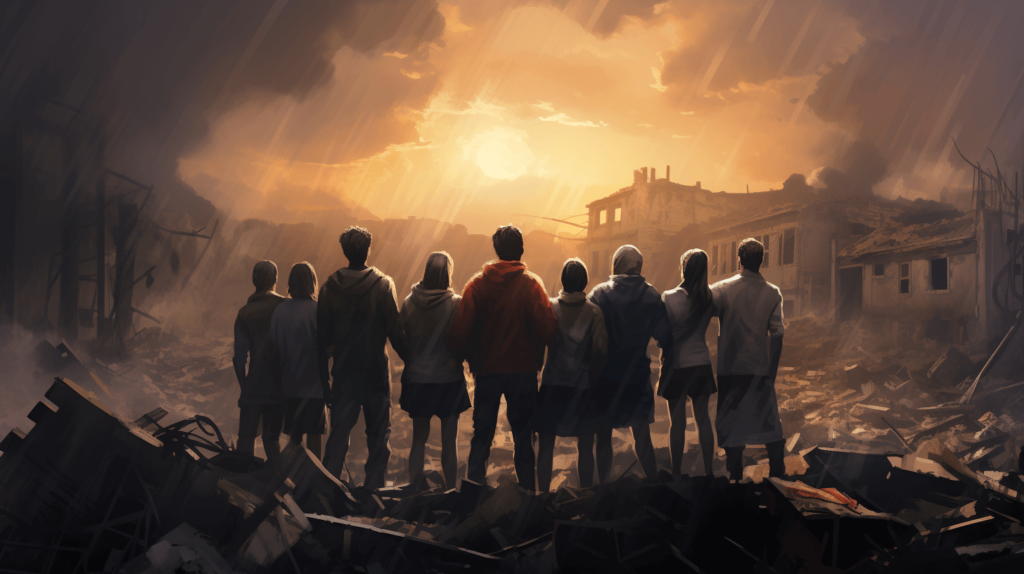Truth & Goodness
Sickles, Hammers, and Dollars: The Capitalist Miracle of “Red” Vietnam
01 March 2026

Steve Yarbrough, a renowned American writer and academic, once noted, “people show up when you need them most.” These words seem to best capture what we intuitively understand by the term ‘solidarity.’ Embedded within this term is a sense of reciprocity, shared responsibility, but also mutual support – especially during life’s challenging moments. We invariably belong to some form of community, whether large or small. None of us is an isolated island in the vast ocean. Is this how individuals in the 21st century perceive the concept of solidarity?
Tracing the origin of ‘solidarity’ leads us to the Latin solidum, a term in Roman law associated with obligations, often of debtors. With the advent of modern times, the interpretation of solidum shifted, referring now to someone reliable — a steadfast and trustworthy individual. Today, ‘solidarity’ commonly denotes a bond uniting people, typically towards collective goals. Notably, manifestations of such solidarity are most evident during crises — wars, economic downturns, or natural disasters — moments when a profound urge to assist and confront adversities arises within us.
Auguste Comte (1798-1857) highlighted a vision of solidarity rooted in societal, inter-state, and communal ties. He spoke of the “link between each individual and the collective in various contexts,” suggesting an inevitable deep-rooted social solidarity. In this reflection, Comte incorporated the idea of brotherhood, extending to humanity as a whole. Alexandre Dumas’ famed musketeers echoed this with their motto: “One for all, and all for one!”

Conversely, Max Scheler (1874-1928), a German philosopher, offered a distinct perspective on solidarity, shifting emphasis from a societal framework to an ethical, humanistic one. At the heart of a community lies individual solidarity: the bond between ‘I’ and ‘You.’ The foundations of our societal, familial, and professional structures are trust, commitment, and direct interpersonal responsibility. Scheler posited, “In essence, everyone bears a collective moral responsibility… everyone shares in another’s fault and inherently in the moral virtues of all.” Scheler’s assertion underscores that our solidarity, particularly in crises, mirrors our moral compass.
A pressing question emerges: can every individual truly cultivate solidarity? Some might not perceive or feel this inherent need. Experts, including sociologists and psychologists, highlight the growing isolation within European societies. Here, many individuals seem to gravitate towards solitude rather than forging genuine connections. Why might this trend persist? Could it be a matter of personal convenience? Might it be simpler to remain ensconced in one’s comfort zone, warding off deeper connections and maintaining only superficial relations? Or, could an underlying fear of commitment be at play? After all, solitude offers a certain safety net. In isolation, vulnerability diminishes. One’s flaws remain concealed, ensuring no one gets too close. Intimacy implies vulnerability, trust, and responsibility—concepts fraught with risks.

The contemporary predicament was succinctly articulated by Zbigniew Mikołejko (born 1951), a Polish philosopher and educator. In an interview, he observed, “Between solidarity and solitude, we continuously oscillate and wander. The true challenge, however, is to do so with reason and integrity.” It’s crucial to understand that this condition is, fundamentally, a continuous wandering…
Read more on Holistic News
Truth & Goodness
01 March 2026



Zmień tryb na ciemny